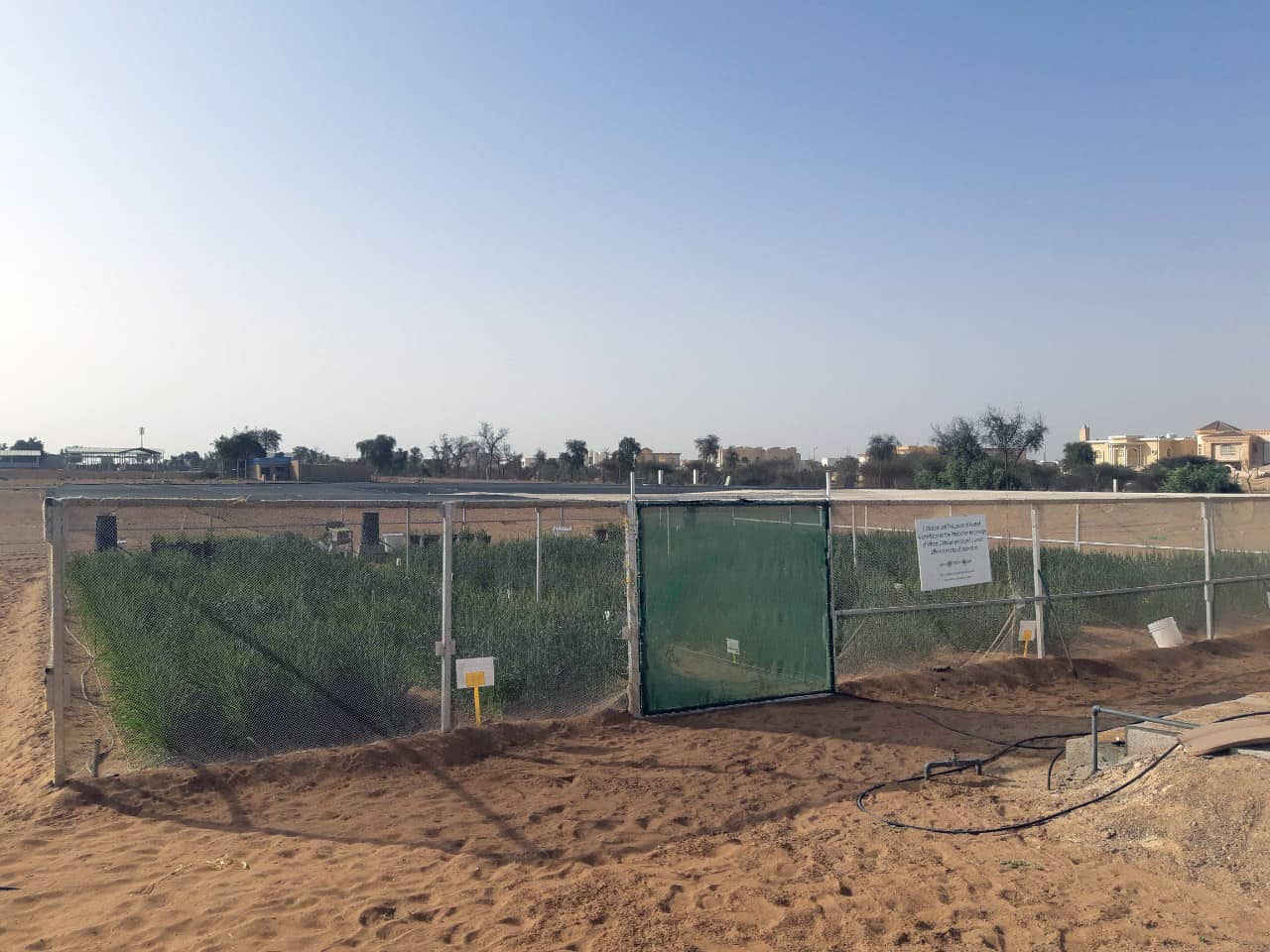ABU DHABI, UAE – A study by an Emirati researcher has shown that wheat growth can be accelerated and production improved using treated sewage water.
The study by Dr. Fatima Al Hammadi, titled, “Using and Assessing Treated Water in Wheat Production” focused on the cultivation of two types of wheat modified for planting in the UAE’s environment from two plants in Abu Dhabi.
The wheat plant has been modified using three techniques, which are traditional field cultivation by drip irrigation, hydroponics and cultivation in line with the effects of climate change.
In an interview with the Emirates News Agency (WAM), Dr. Al Hammadi said that the use of hydroponics technology, using treated sewage, has achieved promising results.
The trials in various climate change rooms concluded that there is a direct relationship between the proportion of carbon dioxide and the growth of wheat plants.
The highest wheat productivity rate was achieved when using treated sewage water produced from Al Ain City stations, due to its chemical and physical composition, she added.
The relevant authorities are considering using treated sewage water for agricultural purposes for different crops.
Dr. Al Hammadi said the key factors that improve wheat quality are the fertility of the soil, which must contain important nutrients for wheat crops, and the quality of irrigated water used in agriculture, as well as choosing the appropriate planting season.
The study concluded that treated sewage water production is increasing with the rise in the country’s population, social advancement and economic development.








